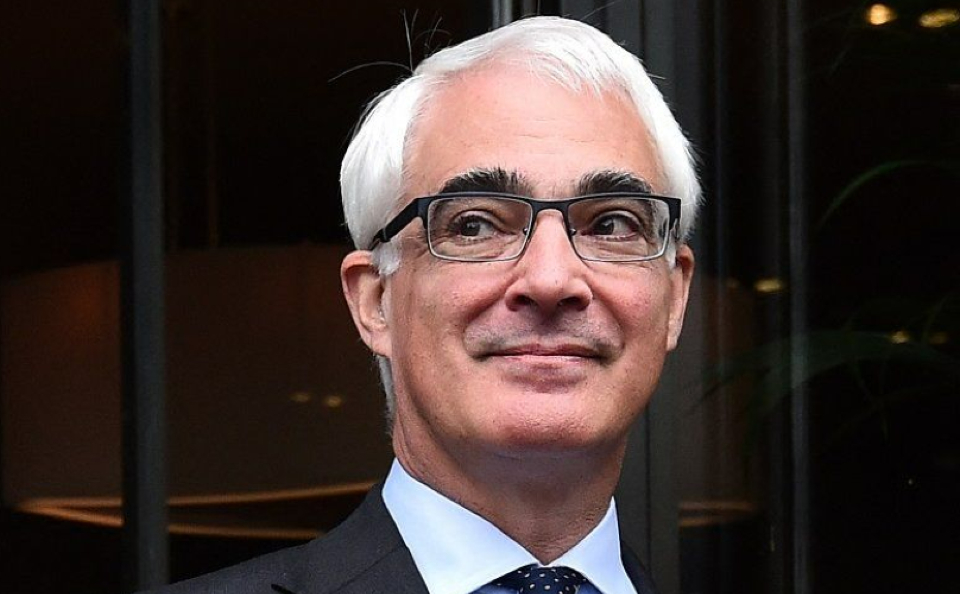Alistair Darling, a Scot who was always ready to represent his people, was in charge of finances when the subprime mortgage crisis took the whole world by surprise. It was initially criticized, but ended up being universally welcomed.
Alistair Darling, born 28 November 1953, was Chancellor of the Exchequer (Finance Minister) under the orders of Labor Prime Minister Gordon Brown (from 2007 to 2010), as well as carrying out more diverse government duties at a particularly difficult time for your party. He passed away on Thursday, but his name will forever be engraved in the way Britons, in the midst of a global storm, managed to effectively survive the subprime crisis, which crossed the Atlantic in short order.
In the summer of 2007, new Prime Minister Gordon Brown appointed Darling to the Treasury portfolio, an obvious and expected promotion. And this is where, in September 2007, for the first time since 1860, there was a run on a British bank, Northern Rock.
These were the first outbreaks of the sub-prime mortgage crisis – the perpetrators of which are still in good health – which caused a liquidity crunch in the UK banking sector, as it did everywhere. Northern Rock was unable to respond to the impact and was unable to raise funding. Darling authorized the Bank of England to lend money to cover its liabilities and provided a state guarantee on deposits in an attempt to stem the deposit run. The loan was a cushion that could amount to £20 billion, and Darling was soon criticized for pumping public money into a private bank.
Before the full impact of the crisis on the UK economy became clear (in the summer of 2008), Darling gave an interview to The Guardian in which he stated that the economic conditions facing the UK were “probably the worst in history.” Overall, he says Analysts said Alistair Darling’s performance was considered positive: the financial system recovered, taxpayers’ money was returned with interest, and London maintained a high degree of attractiveness as a financial center.
His time at the Treasury ended when Labor lost the general election in 2010. Darling later led the Better Together campaign, a cross-party group that successfully campaigned for Scotland to remain part of the United Kingdom in the 2014 independence referendum. He became a member of the Upper House of Lords in 2015.
Current Labor Party leader Keir Starmer said in a statement reported by the British press: “Alistair lived a life dedicated to public service.” He added: “He will be remembered as the chancellor whose calm, experience and honesty helped guide the UK through the turmoil of the global financial crisis. He was a lifelong champion of Scotland and the Scottish people, and his greatest professional pride was representing his constituents in Edinburgh.”
The current (and new) foreign secretary, David Cameron – who led the Conservative opposition at the time of the subprime mortgage crisis and harshly criticized Darling – said on Thursday that the Labor politician “was a very good and respectable man. Although we represent opposing parties, I have always appreciated His contribution is tremendous and I enjoyed working with him.

“Writer. Analyst. Avid travel maven. Devoted twitter guru. Unapologetic pop culture expert. General zombie enthusiast.”

